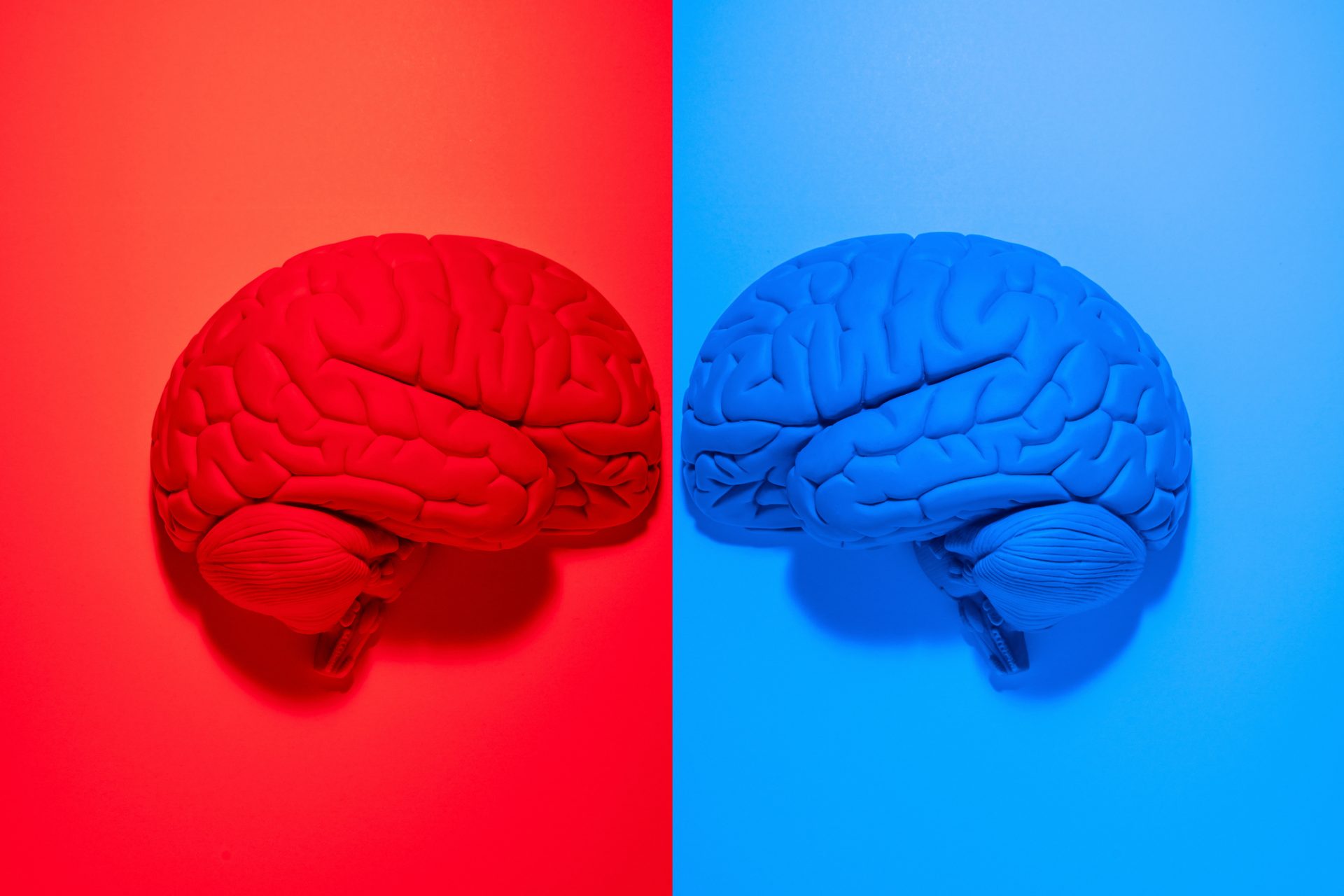Will humans ever be immortal? Scientists may hold the answer
Humans have been looking for ways to thwart death for nearly as long as we have existed. As science has advanced, we have learned more about how our bodies work and if escaping our demise is actually possible.
According to some experts, like Aubrey de Gray, a famous biomedical gerontologist, it may be possible for human beings to achieve eternal life. Whereas other researchers claim that, at best, we could extend it some more.
The figure of 150 years as the maximum life expectancy is often cited because it was the result of a study published in Nature (a British scientific journal).
Image: Volodymyr Hryshchenko/Unsplash
Aubrey de Gray is a controversial character and defender of a seductive thesis: aging is just another disease that can be treated and defeated.
The Methuselah Foundation, which Aubrey de Gray chairs, raises funds to develop "engineered negligible senescence", a range of regenerative medical therapies, either planned or currently in development, for the periodical repair of all age-related damage to human tissue.
There is a lot of scientific discussion surrounding Aubrey de Grey's theories. There is consensus in admitting that medical advances can allow us to extend our lives, but... live forever? Well, a few millionaires are investing their money in it.
Image: Syd Verma/Unsplash
The founder of Amazon funded Altos Lab, an anti-aging start-up created in 2022 with hundreds of millions behind it and one goal: to decipher how, through cell regeneration, aging can be slowed down and even reversed.
The Alto Labs project has been compared to Calico Labs. Founded by Larry Page, its acronym stands for "California Life Company", and its goal is to enable people to live longer.
The thing is that the great fortunes of the planet are investing huge amounts so that we can escape death for as long as possible. And some progress has been made already.
Image: Giorgio Trovato/Unsplash
According to a report by the MIT Technology Review, Bezos' team for Altos Lab could include Shinya Yamanaka, a Nobel Prize laureate in Physiology and Medicine, along with John Gurdon, a pioneer in nuclear transplantation and cloning.
The MIT Technology Review article says: "Yamanaka’s breakthrough discovery was that with the addition of just four proteins, now known as Yamanaka factors, cells can be instructed to revert to a primitive state with the properties of embryonic stem cells."
Daniel M Davis, professor of immunology at the University of Manchester, details in an article in The Conversation on aging: "Adult skin cells divide about 50 times before they stop. But the skin cells of a newborn baby can divide 80 or 90 times. And on the other hand, the cells of an older person divide only about 20 times."
Some researchers argue that "reprogramming" cells to stop aging is dangerous. Manuel Serrano, a Spanish researcher, is also cited by MIT Technology Review and says: "For me, the Yamanaka factors are not realistic for use in the clinic. They imply the introduction of genes, some of which are oncogenic”.
But despite his differences with Yamanaka, Manuel Serrano also believes that science can greatly lengthen life. And, according to various sources, both would be in the team that Bezos has formed for Altos Labs.
Image: Yassine Khalfalli/Unsplash
It is true that freezing techniques have come a long way (and that it works in embryos and small organisms) but, according to most scientists, preserving adult tissues at low temperatures and "reviving" them is another matter.
According to scientists who are critical of companies that offer cryogenics, it is impossible to know if those bodies (or brains) that are kept frozen have not been destroyed by ice.
John Armitage, from the University of Bristol's tissue bank, told the BBC: "We're not even at the stage of cryopreservation of organs yet."
Another fundamental difficulty is how to thaw the body so that in the process the organs do not suffer any damage. Most of the scientific community believes that, at the moment, cryonics is just speculation.
There's an urban legend about Walt Disney being frozen, and though funny, it's not true.
James Bedford (1893 –1967) was an American psychology professor at the University of California. He's the first person whose body was cryopreserved after legal death, and who remains preserved at the Alcor Life Extension Foundation.
In 2017, an article in Science referred to how a group of researchers from the Mayo Clinic School of Medicine had managed to increase the life expectancy of mice by 25%. With cell reprogramming techniques, this type of success has been repeated in several laboratories.
Image: Alexandr Gusev/Unsplash
More recently, a team of molecular biologists from Harvard Medical School, have reset aging cells in mice to earlier versions of themselves. In this first breakthrough, published in 2020, old mice with poor eyesight and damaged retinas could suddenly see again.
Image: Kanashi/Unsplash
Still, there is a certain optimism in the scientific community when it comes to lengthening life: almost all researchers believe that it is possible for us to live well beyond 100 years in good health.
Image: Cristofer Maximilian / Unsplash
More for you
Top Stories




































